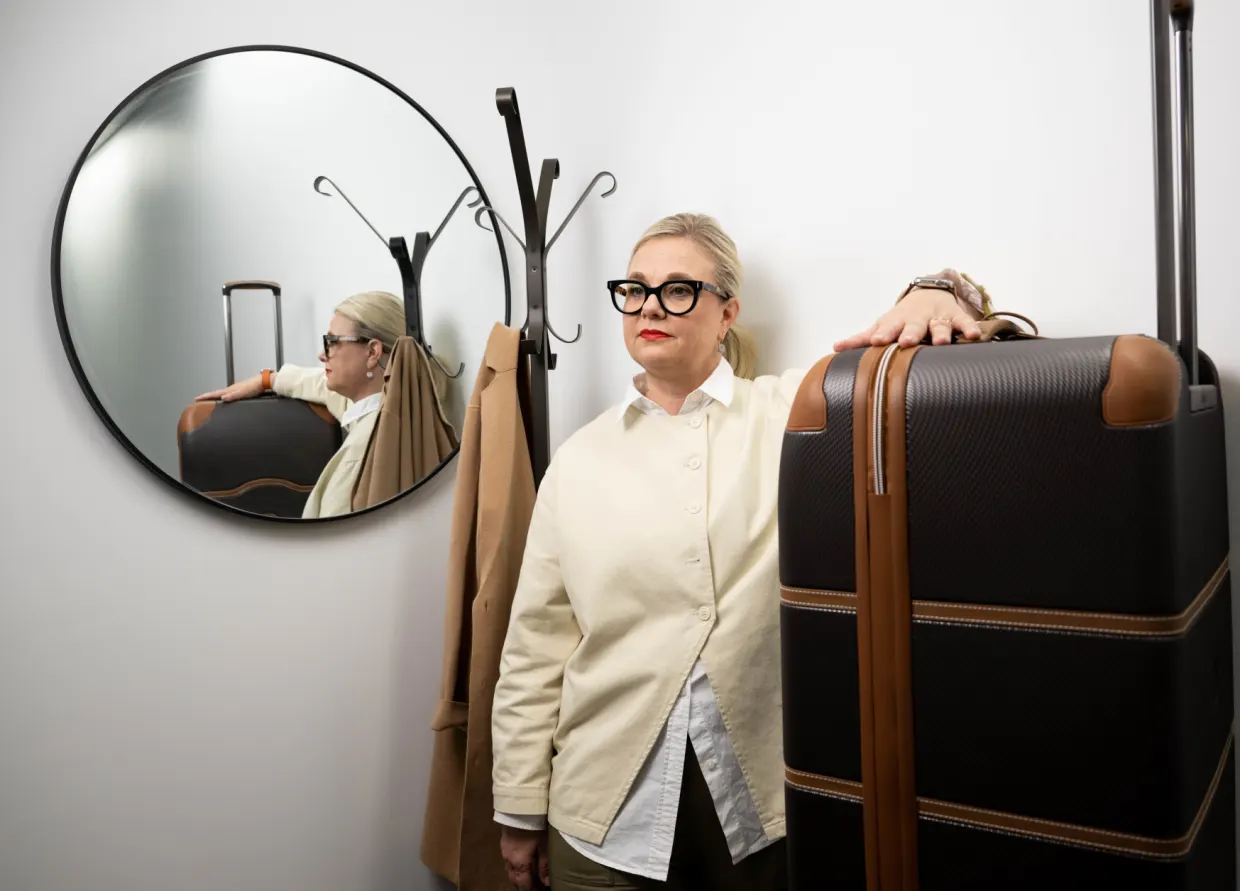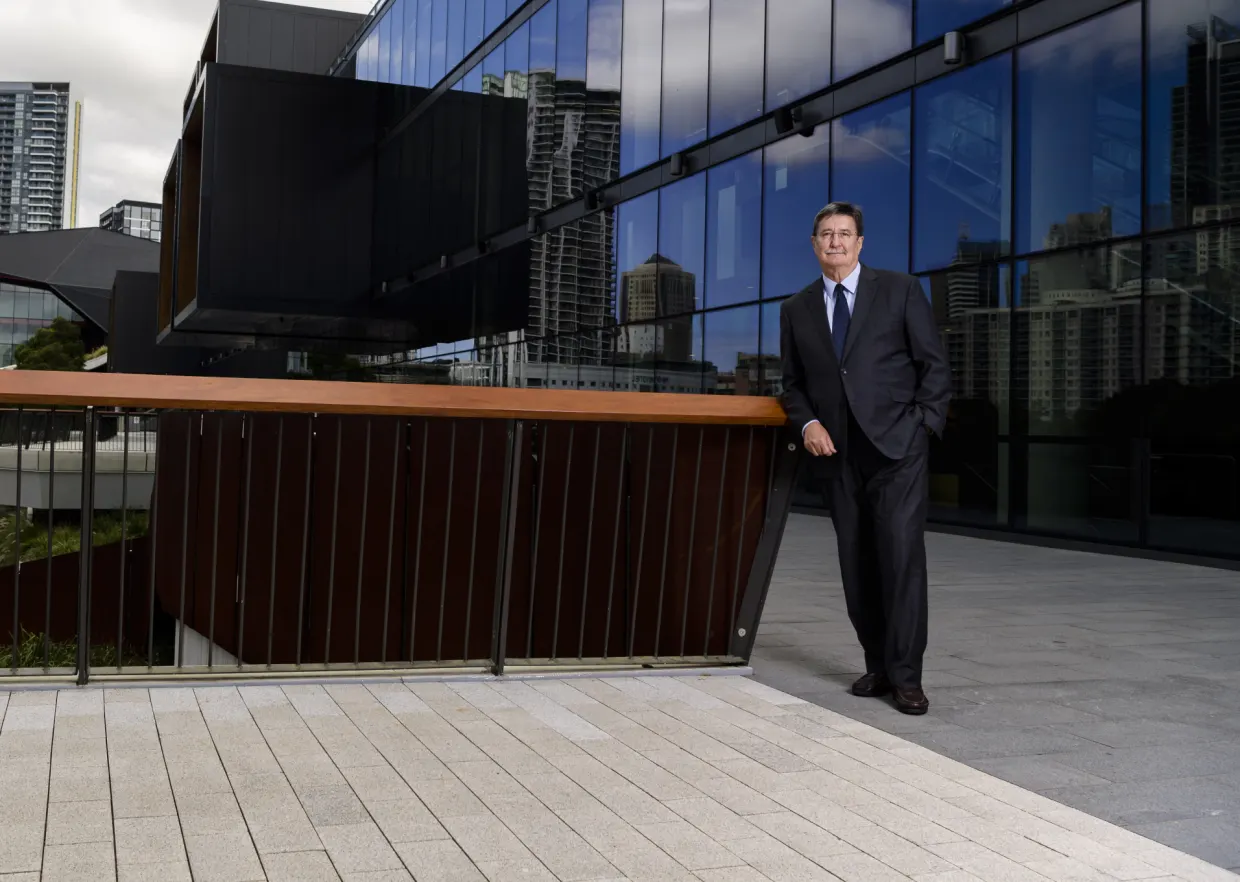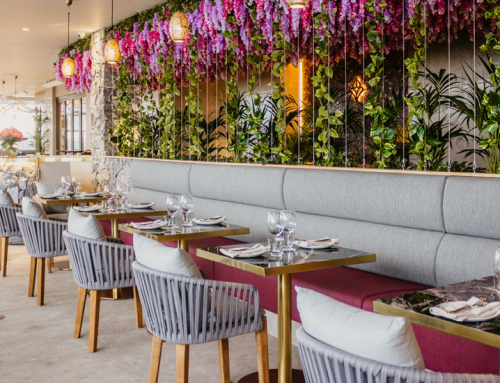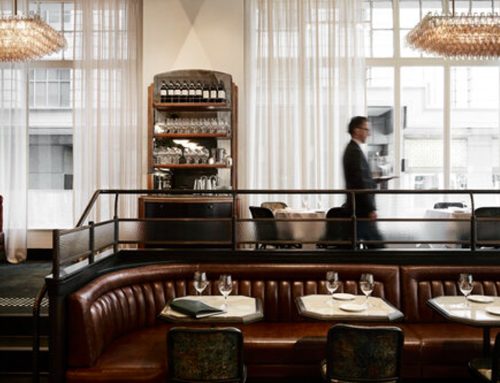AFR Travel Editor, Fiona Carruthers
has written and edited travel for the Financial Review for almost a decade. She has held senior roles with ABC Radio National, Deutsche Welle Radio, TIME and The Australian, and was deputy editor of Traveller.
Corporate travel has rebounded sharply in the past eight months, with the Australian market sitting just shy of 90 per cent of pre-pandemic levels, despite flight disruption and rising ticket prices.
Industry leaders report that the Australian experience is currently outstripping the global business travel market. In a downbeat report earlier this month, the Global Business Travel Association predicted that global business travel spending would not recover to its pre-pandemic level of $US1.43 trillion ($2.07 trillion) a year until 2026.
The GBTA had originally predicted recovery by 2024, a forecast made in November last year as the omicron wave of COVID-19 began to subside.

Pack your bags: Mandi Ford, director of Essential Solutions, says corporates are heading out again in force.
Photo: Janie Barrett
“We remain more optimistic than that,” said Melissa Elf, the corporate managing director Australia and New Zealand for Flight Centre Travel Group, which owns major international brands Corporate Traveller and FCM, and has just won the global contracts for Shell and Australia Post.
“Certainly, Asia is proving slow to return with China still locked down, and Japan very restricted, but other than that, corporate volumes are well exceeding our expectations, especially in Australia, where business travellers are busting to get back on the road, particularly to recruit for major roles.”
Ms Elf said while Australian corporate travel more broadly is tracking at 75 to 80 per cent of pre-pandemic volumes, Flight Centre’s corporate travel business arm has recovered to more than 89 per cent, while the conferencing and events market is trading at between 50 and 60 per cent of pre-COVID volumes.
Strong corporate travel performance helped Flight Centre narrow its losses to $287.2 million for the year to June 30, against a $433.5 million loss last time.
In 2021-22, the corporate business arm delivered a $15.3 million profit from $5.6 billion in total transaction value, an increase of 158 per cent year-on-year.
Ms Elf said on the present trajectory for FY2023, Flight Centre’s corporate business arm is expected to surpass by 20 per cent the record $8.9 billion in 2019.
Mandi Ford, founder and director of life and business concierge, Essential Solutions, is also back in full swing: “Clients are excited and eager to get back to travel, be it business events or taking your best people away to reward them.
“There is, however, a nervousness both about health risks and also how smooth the travel experience will be.”
Ms Ford recommended booking fully flexible travel product over hot deals; taking carry-on luggage, and selecting travel insurance with care.
Headquartered in Washington D.C., the GBTA predicts business travel spending will keep increasing this year – by 33.8 percent year-on-year to $993 billion. It just won’t rebound as quickly as originally projected.

Business is steadily ramping up at Sydney’s International Convention Centre, says its CEO, Geoff Donaghy.
Photograph: Rhett Wyman
Sydney’s International Convention Centre’s chief executive, Geoff Donaghy, said the global headwinds were not being felt as keenly in the Australian business events sector, worth $35 billion a year before COVID-19 hit.
ICC staged 201 events and welcomed 368,910 attendees between March 1 and June 30, with domestic conference attendance back on par with pre-COVID-19 levels, and international attendance steadily rising.
“We’re watching issues with flight disruption very closely, but it’s not a real concern to date,” Mr Donaghy said. “We’re still in the early stages of international conference attendance, and maybe you could say there’s a very slight dampening of demand.
“The overriding feeling out there, however, is positive: There’s a huge desire to return to face-to-face networking. Associations and businesses want to get their people together.”
The ICC, Australia’s second-largest conference facility behind Melbourne, points to events such as the 20th International Conference on Soil Mechanics and Geotechnical Engineering in May, which was attended by 1368 delegates of which 627 were international delegates having flown in from 76 countries.
Also in May, the INDO PACIFIC International Maritime Exposition saw its highest attendance of 25,000 people, a 12 per cent increase on 2019 figures.





